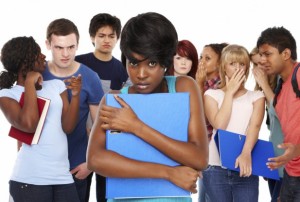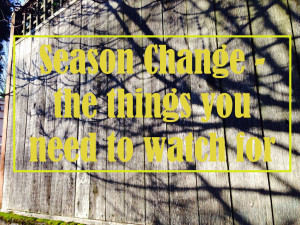What causes obesity?
According to www.cdc.gov, obesity and/or overweight are labels for ranges of weight that are greater than what is generally considered healthy for a given height.
So what exactly can contribute to obesity within people? Here is the quick guide about what factors that may be lead to obesity.
- Lifestyle
The way we live affects our body’s health and it can sometimes show through our weight, skin, eyes, hair, and more. If we tend to have little physical activities it will or may become a habit. Or it could be the choices of foods or our eating habit. It could cause a problem with our body because there is an unbalance between intake of calories and output of energy. So balance is the very key to keeping our body healthy so that our body doesn’t take in more calories than needed for our daily activities.
- Genes
Genetics can be a reason why some people have more difficult time maintaining their weight or was born and struggled with being over-weighted. Having a family history in obesity can be concern and often times, it could lead to other health related problems; therefore, one should consult with their doctor for any weight concerns and questions.
- Outside factors
Sometimes, there are things that we take in or do that may affect our body. For example, a taking a type of drug or medicine could increase or decrease your weight. If you are on a form of birth control or using a drug for something, it is required to consult with your doctor because no one knows entirely how it may affect your body.
- Environment
Depending on where we live, our surrounding environment is one of the main factors that affects our physical activities. For example, one person may live in a neighborhood that does not have proper walking conditions and no walking or bicycling trails nearby. It could be a possibly reason why they would avoid going outside or not being as motivated to be more active in their environment. So our environment does an impact on how we chose to be more active and interact with out surroundings.



